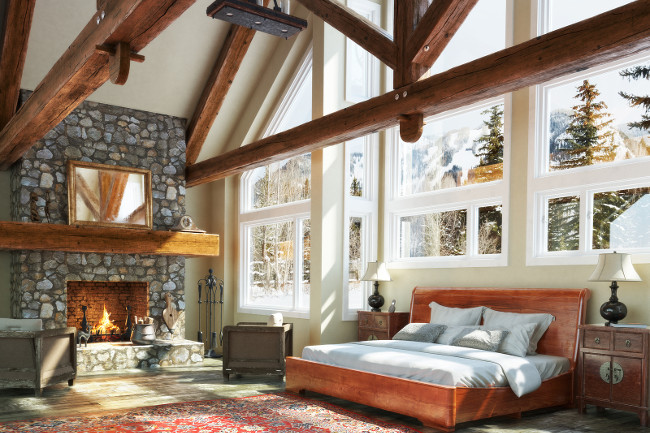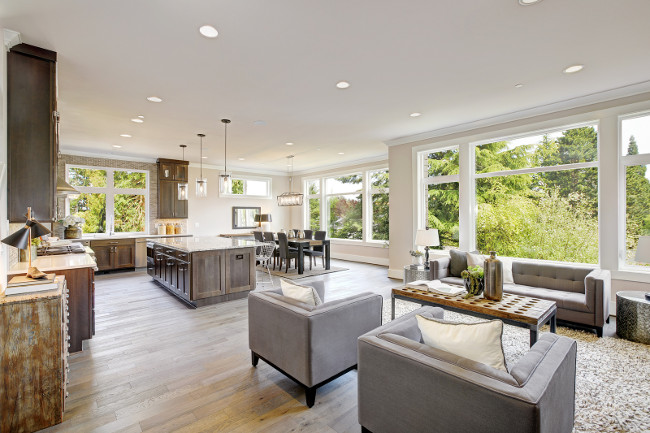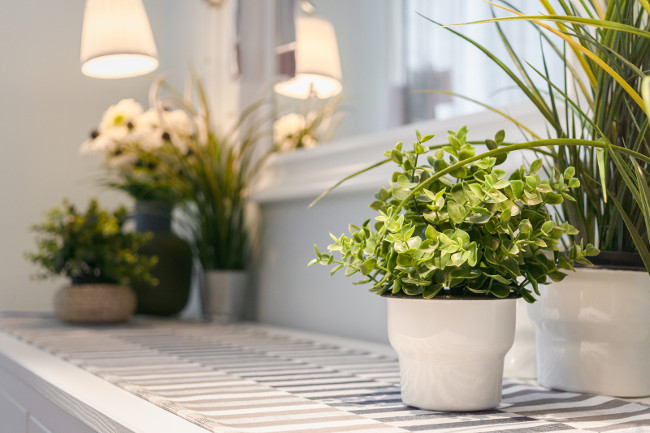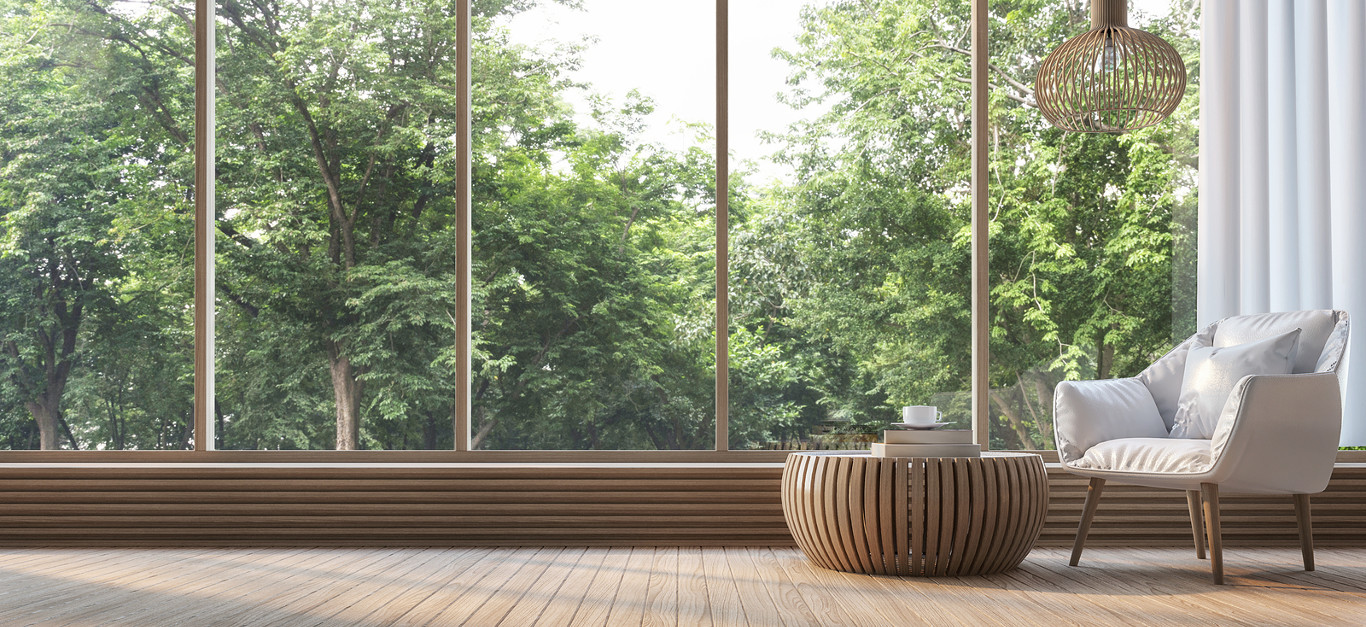A life of sustainability is beckoning us all, whether we want to admit it or not. The eco-friendly attitude that is so sought after these days is now prevalent in many major industries. Fashion, food and automobiles are just a few of the major sectors of the lifestyle industry that are quickly adopting the “reduce, ru-use, recycle” motto.
We are even starting to see ecologically wise consumer choices become more and more prevalent in interior design, and Ignas London Painters and Decorators are seeing interior designs beginning to embrace certain natural qualities.
Ecological, local, and recycled materials can bring a unique, organic stylish quality into your home, unlike that of manufactured or synthetic materials, whilst also creating a calming and peaceful atmosphere.

Raw wood
Whether you are using it for your flooring, exposed ceiling beams, or to create artisanal crafted furniture, incorporating natural, raw wood into your home is the perfect way to create a rustic and rugged decor.
From a structural component, to a decorative element, raw wood is an extremely versatile material that is both durable and stylish, and with so many species, applications and finishes for you to choose from, it has the ability to be incorporated in any way your heart desires.
You can opt for a shiny, marble-like glaze, or leave the wood raw and unstained to admire it’s stunning imperfections. What’s even better is the fact that you can reclaim and refinish wood from farms, recycling centres and even older buildings to ensure your home has that true eco-friendly factor.
Living walls
Quite literally a living wall constructed from various types of algae and plants – nature’s wallpaper if you will – these walls can be easily incorporated into your home as part of the existing structure, or built as a freestanding object.
With as many varieties of plant as you wish, all growing at different speeds, this wall can boast a mass of vibrant green shades to liven up your interior and can act as your own personal indoor garden. You could also incorporate an indoor waterfall to complement your living wall.

You will also be happy to know that living walls are much easier to install and maintain than you would think as long as the wall is exposed to as much natural light as possible and has a well-functioning irrigation system.
As well as being at the forefront of progressive interior design, these walls also reap a host of practical benefits including reducing stress, increasing air quality and improving your overall mood.
Brick
Another material that can be reclaimed and repurposed is brick. Incorporating brick into your home is a great way of adding texture and colour and can be used as a subtle accent, a backdrop, or a focal point.
Leaving the brick in its organic, untouched state will bring a rugged quality into your interior and the natural reddish hues will creating a feeling of warmth.
Alternatively, you can paint over the bricks to create a bold statement backdrop with a slightly more contemporary character.
For something a bit more trendy and chic, try a whitewash or German smear to add a distressed look to your wall and give it an Old World feeling.

Eden in four walls
Plants were never out of fashion – but it’s now that we experience their true renaissance. These days we see interior designers falling in love with plants like the monstera deliciosa, a beautiful plant from South America also known as the Swiss cheese plant.
The western world has also seen a rising interest in the Japanese art of planting, ‘Kokedama’, which has a lot to do with bonsai. The plants prepared this way are removed from their containers, surrounded in a ball of mud, wrapped in moss, wound in string and then hanged from the ceiling.
Along with their beautiful aesthetic properties, incorporating plants and real nature within your interior can also provide you with many other health benefits, similar to those of the living walls.






















